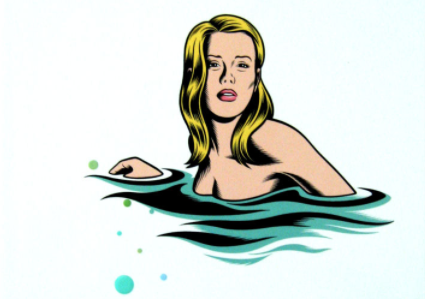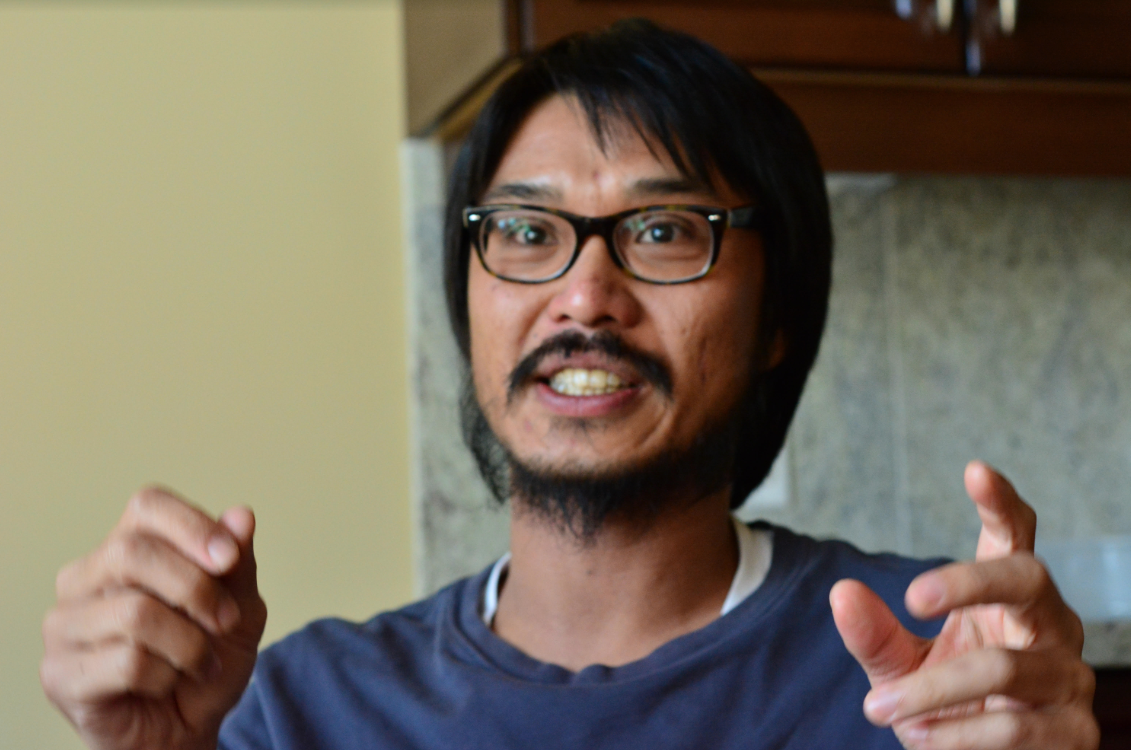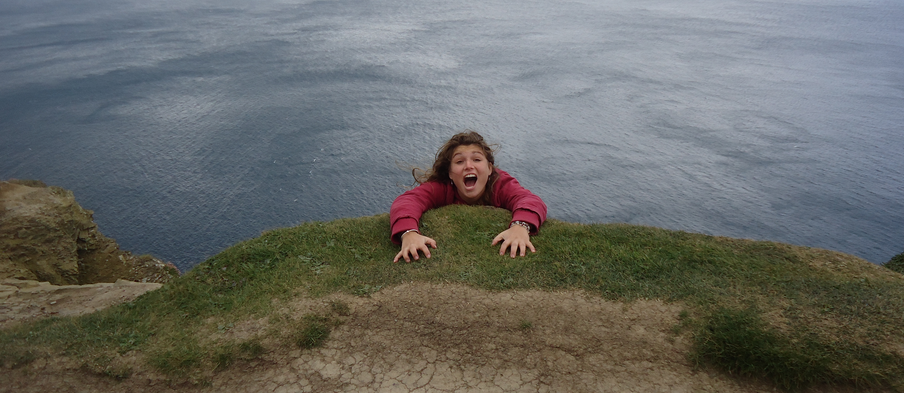-

The Moment of Truth in ‘Twelve Angry Men’
•
It’s hard to imagine more drama coming out of a small room with 12 impatient, imperfect men than the 1957 directorial debut of Sidney Lumet. Twelve Angry Men depicts jury deliberations in a capital murder case in New York City in the 1950s. Based on a play, the movie violates all kinds of storytelling…
-

How To Draw Readers into the Story – Right Away
•
If you want a fun ride through the bizarro world of Florida, the modern spirit of destruction, and how ordinary people get pulled into wild tales of adventure, you can’t do better than Carl Hiaasen. Hiaasen is a columnist for the Miami Herald and a bestselling author. Everything he writes offers a clinic on…
-

Edwin Wong on Risk and Tragedy: The Literary Power of High-Stakes Gambles, One-in-a-Million Chances, and Extreme Losses
•
Edwin Wong might be the most unusual literary critic and theater mogul you ever know. And he might be one of the most creative, too. His new book, The Risk Theatre Model of Tragedy, offers an update on (arguably) the most important form of literature. According to Wong, tragedy poses the same kinds of…
-

Seven Essential Skills for Storytelling
•
People are storytelling creatures. We evolved to tell stories. From 30,000 to 100,000 years ago, out great ancestors began telling stories. It happened around the time that the size of clans expanded and those clans began to wander longer distances and then come home again. Sitting by fires or in caves, by streams or…
-
The Story of Bill Nack’s Classic Farewell to Secretariat
•
I wrote this brief tribute after Bill Nack died in 2018. When I think of Bill Nack, I want to call him one of the great sportswriters of our time. But he was really one of the great writers, in any field, of our time. The reason is threefold. First of all, he was…
-
Laura Zigman on Make-Believe and True Stories, Writing Routines, Story Structures, and Adaptation
•
Laura Zigman paid her dues before hitting the literary jackpot. Early in her career, she was a publicist for a number of major presses, including Times Books, Vintage Books, and Alfred A. Knopf. As she did her day job, she labored on her first novel, Animal Husbandry (1998), a comedy of errors about the mating…
-
John McPhee’s Step-By-Step Approach to Narrative Nonfiction
•
No one in our time has contributed more to nonfiction narrative–stories that are true–than John McPhee. And he has lessons to teach. McPhee is the writer for The New Yorker and creative writing professor at Princeton University. His books include the Pulitzer-Prize winning Annals of the Former World (a trilogy on geology and geologists), A Sense…
-

How to Create Cliffhangers and Surprise
•
Good writing needs cliffhangers and surprise to excite desire. By stopping the story and leaving a character’s fate in doubt, cliffhangers tease the reader. We want to know what happens next. Will the hero be safe … or get the girl … or track down the criminal … or save the business? God is…
-
Hitchcock on the Element of Time
•
In his interviews with French filmmaker Francois Truffault, Alfred Hitchcock constantly emphasized one point: Emotion. Good storytelling connects with audiences at the most visceral level. And what better technique to create tension than time? By setting deadlines, we create a race against time. By slowing time, we offer an opportunity to look carefully at…
-
The Power of Beats
•
Every story is a journey – from one distinct place to another, different place. So what goes in between the starting and ending points? A typical scene in a movie contains dozens of moments, which movie people call “beats.” Each one moves the story forward. If a moment does not move the story forward,…
